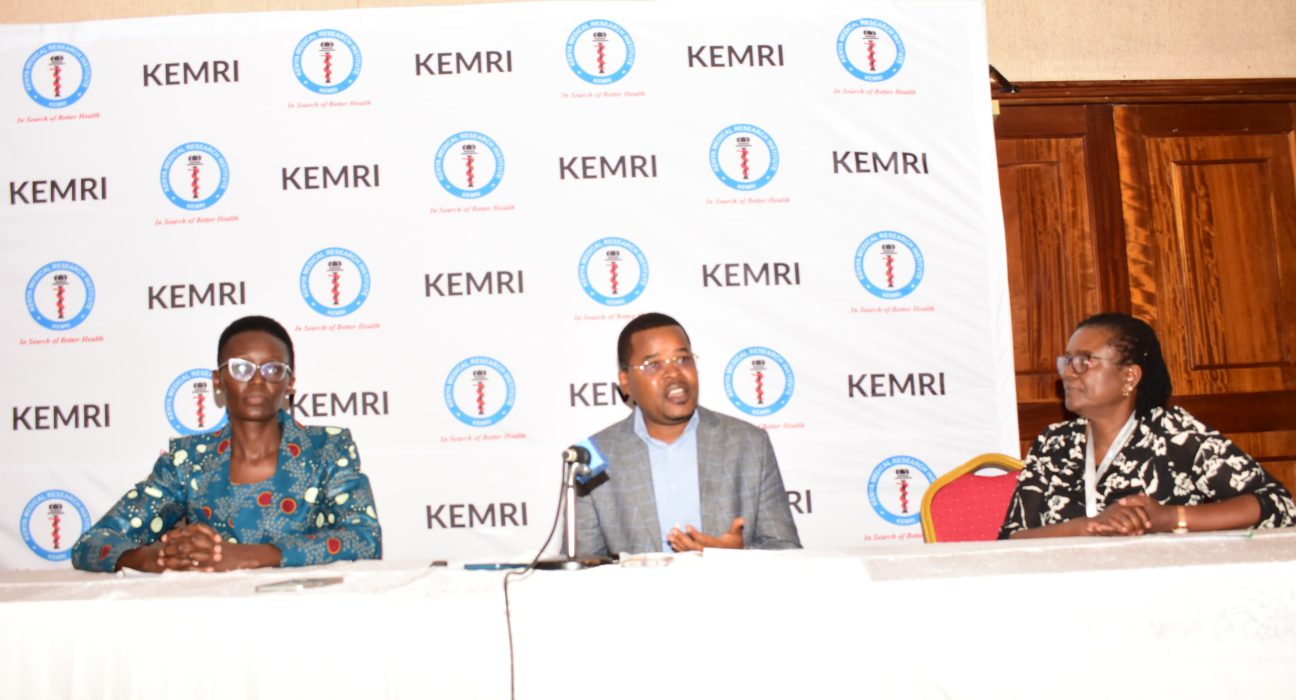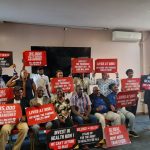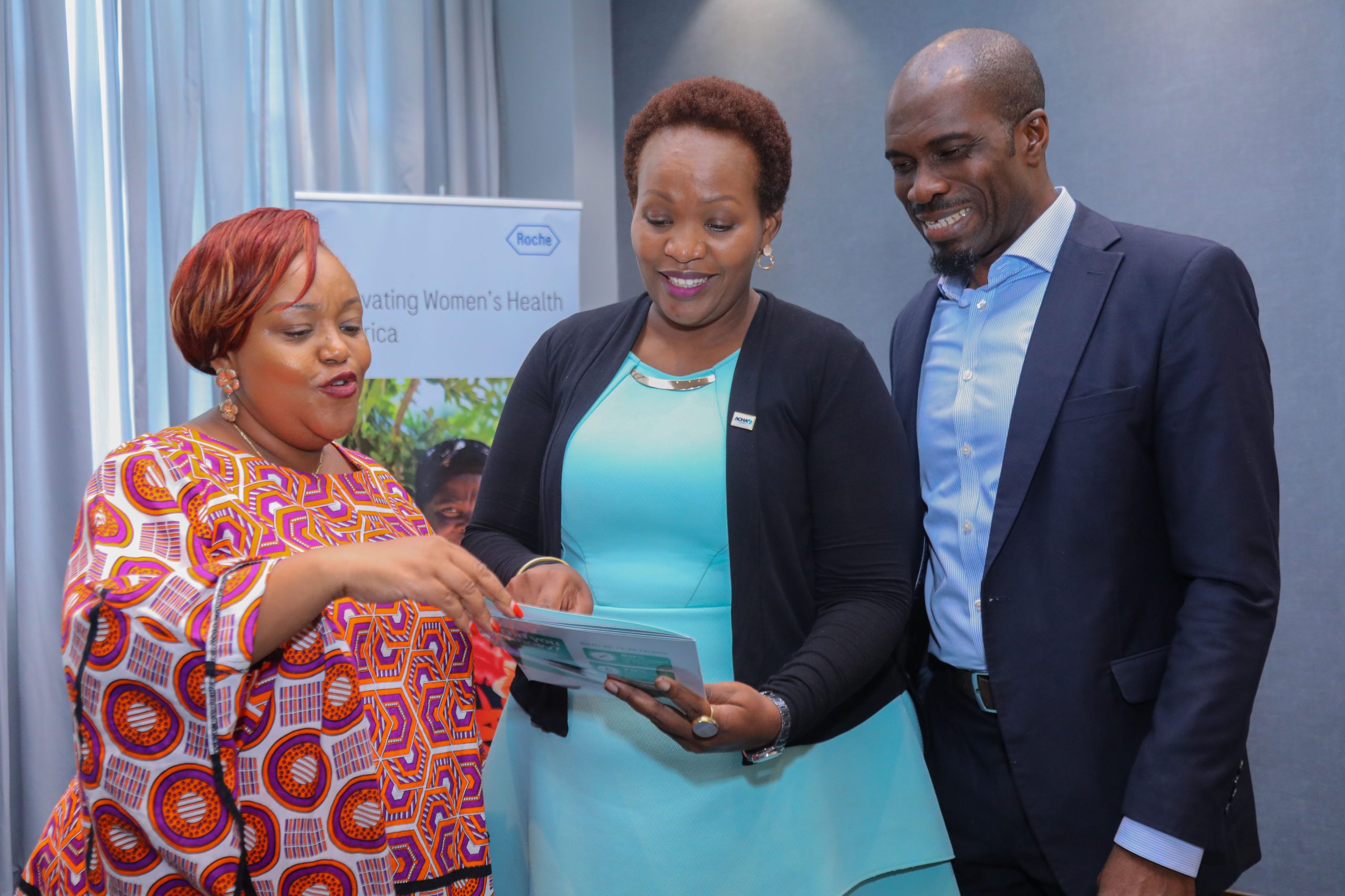By Eddah Waithaka
Health experts raised urgent concerns today at the 15th KASH conference, warning about the declining support for key populations affected by HIV. During a press briefing, they urged the government and global partners to scale up interventions to prevent a reversal of progress in the fight against the epidemic.
Dr. Victor Akelo, Director of the Kenya Child Health and Mortality Prevention Surveillance Site (CHAMPS), stressed the critical need for inclusive programs, pointing out that women, young people, and marginalized groups such as sex workers remain among the most.

Dr. Akelo highlighted the gaps in current efforts, noting that while programs for women affected by HIV have seen significant support, particularly from organizations like USAID, funding for neglected populations such as sex workers and men who have sex with men has drastically decreased.
“We are not in a good place,” he stated, emphasizing the need for equitable resource allocation and targeted interventions to ensure no group is left behind in the fight against HIV. His call to action underscores the importance of sustained and inclusive efforts to address the epidemic effectively.
Read Also On:https://africawatchnews.co.ke/kenyas-health-sector-faces-crisis-as-35000-lose-jobs-and-clinics-shut-down/
Professor Nelly Mugo from the Kenya Medical Research Institute (KEMRI) also explained how HIV transcends borders, religion, and economic status. She stressed the importance of locally producing antiretroviral drugs (ARVs). “Infectious diseases do not respect boundaries. That is why international funding has been crucial. However, we need to start producing our own ARVs, just like South Africa and India,” Professor Mugo said.
Building on this, Dr. Sarah Gitome, the Acting Deputy Director of Sexual Reproductive, Adolescent, and Child Health at KEMRI, highlighted gaps in policy implementation and urged stakeholders to ensure that policies are not only developed but also effectively executed. Experts warned that insufficient funding could lead to major setbacks in the fight against HIV, calling on the government to act swiftly to secure resources and ensure that all affected groups receive the care and support they need. Their collective message underscores the urgency of local solutions, robust policy action, and sustained investment to address the HIV epidemic comprehensively.
Read More Stories On: https://africawatchnews.co.ke/







